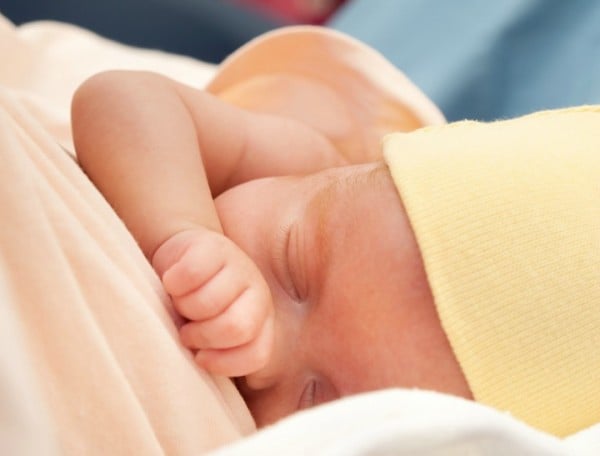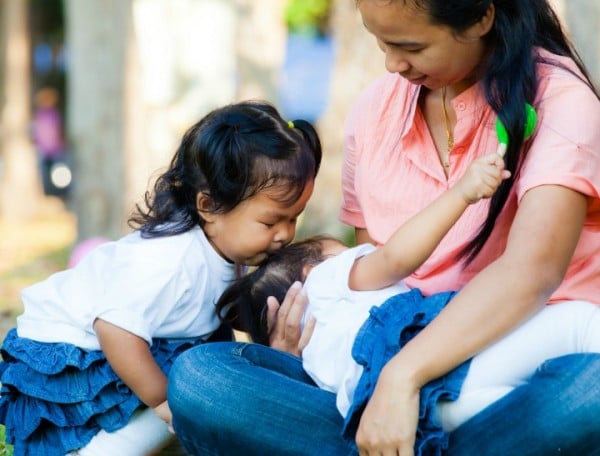
Late last month, there was a stunning statistic in the news. More than 800,000 child deaths a year could be prevented if breastfeeding rates were increased worldwide. That statistic came from the most comprehensive review of breastfeeding research ever, in a report published in medical journal The Lancet.
Just two weeks later, breastfeeding was in the news again – this time, because government funding for the Australian Breastfeeding Association helpline is under threat. This 24-hour counselling service helps almost 90,000 mums every year.
The Lancet report makes it clear that three things are keeping breastfeeding rates low: poor government policies, lack of community support and aggressive marketing of formula.
Cutting funding to a breastfeeding helpline comes under the heading of ‘poor government policyy, doesn’t it?



